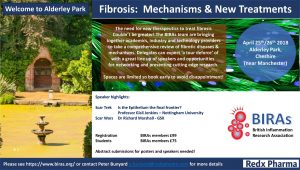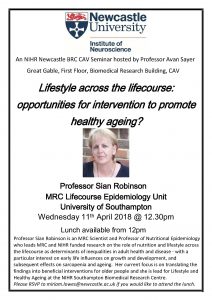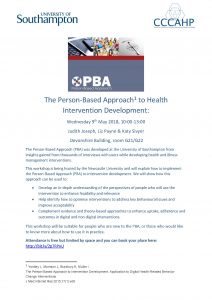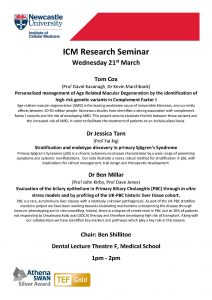31 May 2018, 4pm (outline applications) (call opens 3 April 2018) November 2018 TBC (invited full applications)
MRC Experimental Medicine Challenge Grants (EMCG): Discovery science in humans
https://www.mrc.ac.uk/funding/browse/experimental-medicine-challenge-grants/experimental-medicine-challenge-grants-discovery-science-in-humans/
Experimental medicine is a broad term and refers to “investigation undertaken in humans, relating where appropriate to model systems, to identify mechanisms of pathophysiology or disease, or to demonstrate proof-of-concept evidence of the validity and importance of new discoveries or treatments.”
EM studies should be hypothesis led/defining/refining
N.B. MRC is aware that the proportion of grants awarded in the field of experimental medicine is very low across all MRC Boards (only 25% of MRC grants even involve humans).
EMCG will fund studies which address the biggest gaps in our understanding of the causes and progression of human disease and which will produce major new mechanistic insights, with potential application to new therapeutic or diagnostic approaches and opportunities for “reverse translation” to basic research.
Applications should aim to produce major improvements in the understanding of human disease mechanisms, and must be:
- Challenge-led: As well as addressing “challenging” research questions, all proposals must involve an experimental intervention or “challenge” in humans, perturbing the system to explore disease mechanism. A challenge may be pharmacological, immunological, physiological, psychological, infectious etc.
- Human-focused: The focus should be on understanding human disease through experimental investigation in humans. While projects may include a small element of non-human work (if informed by or informing the work in humans), the focus of the project should be on human participants.
- Ambitious and innovative: Proposals should address important medical questions in new ways. Proposals should be sufficiently ambitious and demanding to warrant funding through this scheme rather than through standard research grant support. Proposals may use novel readouts or technologies.
- Experiment-driven: Proposals should be structured around an experiment designed to address a mechanistic question with a clear plan for establishing causal relationships and mechanisms. Proposals may include the use of drugs, other interventions or measures with established safety profiles in new settings/conditions. e.g. repurposing drugs as tool compounds to probe disease mechanism.
- Hypothesis-led/defining/refining: EM is more than hypothesis-free characterisation, and is more exploratory than hypothesis-testing confirmatory work. EM is more than just data collection: proposals may include, but should not solely focus on, deep characterisation/phenotyping of subjects.
- Funding available: Up to £10m is available. The EMCG scheme will support a range of award scales, from smaller, focused, more exploratory and highly innovative projects (based e.g. on an intellectually sound hypothesis but perhaps lacking extensive pilot data), to large programmatic awards based on a more substantial platform of evidence. It is expected that most grants would be between 3-5 years’ duration.
Applicants are encouraged to explore collaboration with industry to facilitate the above experimental approach (however this is not mandatory).
If an industrial partner is collaborating on the grant applicants, MICA forms will not need to be completed for the outline stage but you will need to submit a MICA and signed Heads of Terms with the full application
Outline applications to be submitted via Je-S. Outline case for support form on website.
Please see website for EMCG assessment criteria, further guidance document and FAQs.
Note that they expect detailed experimental plans; methodologically and statistically rigorous in design; and, for longer-term programmes, risk mitigation plans.
There will be milestones and stage gates to de-risk.
The following are out of remit for this initiative:
- Full translational programmes developing or evaluating new pharmacological interventions (these are however within the wider MRC remit, see the MRC DPFS scheme);
- Observational studies involving no experimental challenge. Proposals which are predominantly descriptive are unlikely to be shortlisted;
- Applications solely limited to screening chemical libraries, investigating the mechanism of action of novel compounds or dosing strategies.
The webinar held last time they ran this scheme (2015) is available here:
https://www.youtube.com/watch?v=mvL-_yOv34A&t=268s
Please note that they reserve the right to amend the review process in the case of high demand




